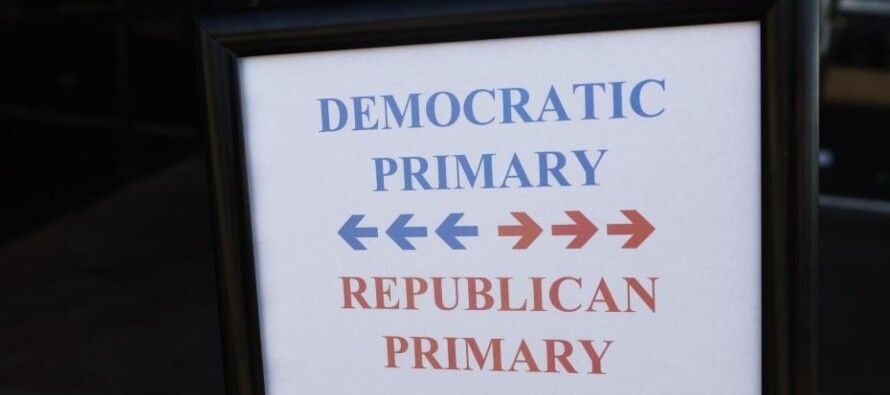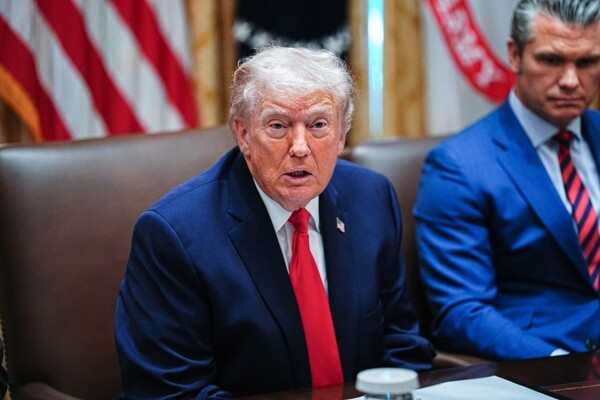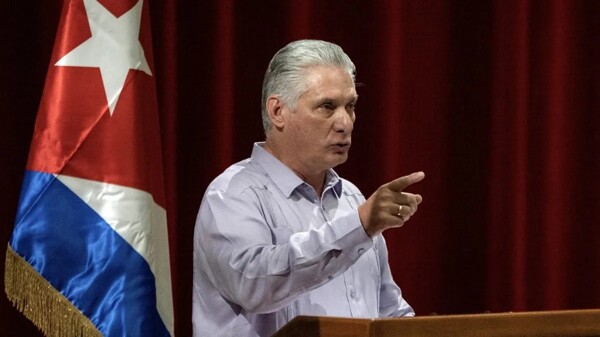
The automotive sector is crucial for economic growth as it generates millions of jobs, fosters technological innovation, and shapes consumer culture globally. This impact is directly reflected in presidential elections, as seen in the 2016 and 2020 elections.
According to a report from S&P Global, automotive companies are expected to postpone important decisions until the new president forms their cabinet, which could extend until mid-2025. If Donald Trump is re-elected and Republicans gain control of Congress, regulations to reduce emissions may be relaxed, promotion of electric vehicles may decrease, and higher tariffs may be imposed on Chinese vehicles. Additionally, Trump is anticipated to want to renegotiate the USMCA in 2026, which could create trade tensions among the agreement's partners.
On the other hand, if Kamala Harris wins, she is expected to maintain Joe Biden's policies, such as stricter regulations for the phase-out of combustion engines, incentives for electric vehicles, and tariffs on Chinese vehicles.
The automotive sector is central to U.S. politics, even more so than any other economic activity, as highlighted by Bill Ford, chairman of Ford's board of directors, noting that the automotive industry goes beyond just manufacturing vehicles.
In summary, the automotive sector is a key battleground in the U.S. presidential elections due to its economic, technological, geopolitical, environmental, and cultural relevance.














